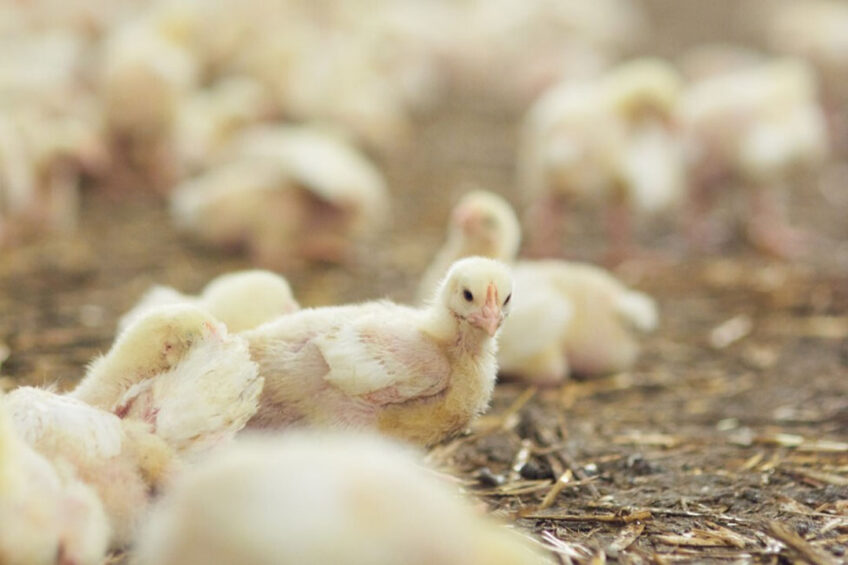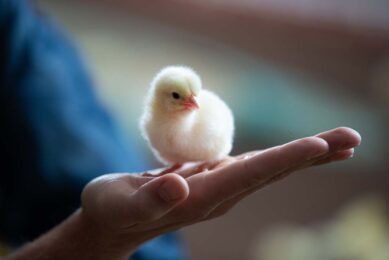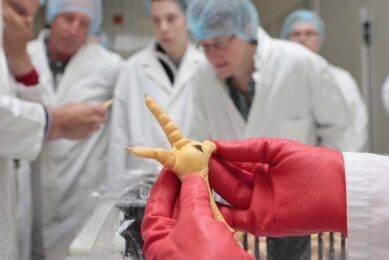Russian farmers advised to move away from imported veterinary vaccines and drugs

The Russian Agricultural Ministry has advised farmers to speed up the transition to locally produced veterinary drugs and vaccines, as imports may become unavailable under new veterinary rules, the Russian Union of poultry farmers Rosptitsesoyuz said in a letter to its members.
From 1 July 2023, a new veterinary regulation of the Russian watchdog, Rosselhoznadzor, is scheduled to come into force, under which all imported vaccine strains must be stored in Russian scientific institutions. If the supplier declines to pass its vaccine strains to the Russian scientists, Rosselhoznadzor promises to ban the import of its products.
The Russian Agricultural Ministry said in a statement that the Russian livestock industry saw a steady decline in the share of imported vaccines in the past few years. On the other hand, Rosselhoznadzor estimated that during the first 10 months of 2022, Russia imported 19 billion units of veterinary drugs, including vaccines, significantly more compared to 14 billion in 2021.
Rosselhoznadzor estimated the share of imported vaccines in the Russian poultry industry at 43%. This figure stands at 53% in the pig industry and in cattle at 71%.
Russian authorities explained that the new rules would prevent foreign suppliers from adding forbidden elements to their veterinary drugs. In November 2022, a routine inspection showed the presence of fragments of the Newcastle Disease virus in an imported vaccine against poultry avian laryngotracheitis, Rosselhoznadzor said, explaining that in the absence of the original strain, the Russian veterinary authorities “can neither detect such manipulation nor confirm the safety of the drug”.
Intellectual property might be at risk
A source in the Russian livestock industry told local newspaper Izvestia that foreign companies are reluctant to pass their vaccine strains to Russian scientists, fearing for their intellectual property.
The Russian regulator, however, pointed out that collecting vaccine strains is in line with international practice, while typical agreements to be signed with all foreign companies guarantee the protection of intellectual property rights.
Rosselhoznadzor said it had already received 89 applications from foreign vaccine suppliers from Israel, the Czech Republic and Spain to pass on their vaccine strains. On the other hand, the Russian veterinary pharmacological association said it is too early to speak that the initiative was a success. The Rosselhoznadzor campaign could trigger a shortage of strains in the Russian market.
Some Russian farmers also warned that disruptions in the import of foreign drugs would be pretty painful for Russian livestock producers, Izvestia reported.
Join 31,000+ subscribers
Subscribe to our newsletter to stay updated about all the need-to-know content in the poultry sector, three times a week. Beheer
Beheer








 WP Admin
WP Admin  Bewerk bericht
Bewerk bericht